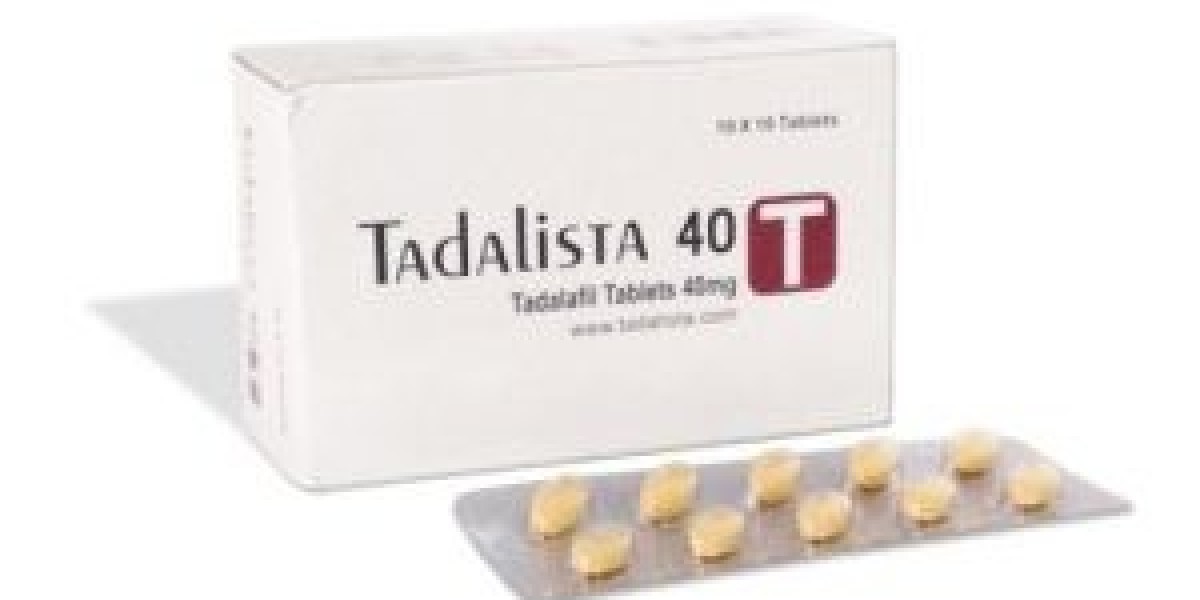Manhattan, the bustling heart of New York City, is a hub for commerce, culture, and tourism. From its iconic skyscrapers to its quaint corner cafes, the area’s diverse businesses are its lifeblood. However, with the dense population and continuous activity comes a persistent issue: pests. From rodents to cockroaches, pest infestations can be a significant challenge for businesses in Manhattan, potentially leading to reputational damage and financial loss. Here, we delve into effective pest control strategies for businesses in this dynamic borough.
Understanding the Pest Problem in Urban Environments
Urban environments like Manhattan are particularly prone to pest issues due to a combination of factors. High population density, abundant food sources, and interconnected buildings provide ideal conditions for pests to thrive. Common pests in Manhattan include:
Rodents: Rats and mice are notorious in urban settings. They seek food, warmth, and shelter, often finding their way into restaurants, offices, and retail stores.
Cockroaches: These resilient insects are a common nuisance, especially in food establishments. They can spread diseases and contaminate food.
Bedbugs: Often associated with hospitality businesses, bedbugs can spread quickly and are notoriously difficult to eliminate.
Flies: Fruit flies and houseflies are a frequent problem in restaurants and food storage areas.
Understanding the specific pest challenges your business might face is the first step in creating an effective pest control plan.
Why Pest Control Is Crucial for Businesses
Pest control is not just about eliminating nuisances; it’s about protecting your business, employees, and customers. Here are some reasons why pest control is vital:
Health and Safety: Pests can spread diseases and cause allergies, putting your employees and customers at risk.
Compliance with Regulations: Many businesses, especially those in the food and hospitality sectors, must adhere to strict health codes. Failing to control pests can lead to fines or even closure.
Protecting Reputation: In a competitive market like Manhattan, a pest sighting can result in negative reviews and loss of clientele.
Avoiding Structural Damage: Some pests, like termites and rodents, can cause significant damage to the infrastructure, leading to costly repairs.
Preventive Measures for Pest Control
Preventive measures are the foundation of an effective pest management strategy. Businesses can adopt several proactive steps to minimize the risk of infestations:
Maintain Cleanliness
Cleanliness is a critical factor in preventing pest problems. Regular cleaning schedules should include:
Daily trash removal.
Deep cleaning of kitchens and storage areas.
Immediate cleanup of food spills and crumbs.
Proper Waste Management
Dispose of waste in sealed containers and ensure regular garbage collection. Overflowing trash bins and open waste can attract rodents and insects.
Seal Entry Points
Inspect your premises for cracks, gaps, and holes where pests can enter. Use caulk, mesh, or other materials to seal these openings. Pay special attention to areas around doors, windows, and pipes.
Regular Inspections
Conduct regular inspections to identify signs of pest activity early. Look for droppings, nests, gnaw marks, and other indicators. Early detection can prevent a full-blown infestation.
Choosing the Right Pest Control Solution
When preventive measures are not enough, professional pest control services become essential. Choosing the right pest control provider is crucial for effective and long-lasting results. Consider the following when selecting a pest control service:
Expertise and Experience
Look for companies with extensive experience in handling pests common to Manhattan. A provider with local knowledge can offer targeted solutions.
Eco-Friendly Practices
Many businesses today prioritize environmentally friendly practices. Opt for pest control services that use non-toxic or low-impact solutions to minimize harm to the environment and human health.
Integrated Pest Management (IPM)
IPM is a comprehensive approach to pest control that combines preventive measures, monitoring, and targeted treatments. This method focuses on long-term solutions rather than temporary fixes.
The Role of Technology in Pest Control
Advancements in technology have revolutionized pest control methods. Businesses can now benefit from innovative solutions such as:
Electronic Rodent Monitoring: Devices that detect rodent activity in real-time and send alerts to pest control teams.
Thermal Imaging: Used to locate hidden nests and pest hotspots.
Automated Traps: Smart traps that capture pests efficiently and reduce the need for manual intervention.
Addressing Specific Business Needs
Different types of businesses face unique pest control challenges. Here are some tailored strategies:
Restaurants and Cafes
Food establishments are particularly vulnerable to pests due to the availability of food and water. Regular pest control inspections, thorough cleaning protocols, and secure food storage are essential.
Offices and Retail Stores
While these spaces may not face as severe pest issues as food businesses, clutter and employee habits can still attract pests. Encourage employees to store food properly and keep workspaces clean.
Hospitality Industry
Hotels and accommodations must be vigilant about bedbugs and other pests. Routine inspections and quick responses to guest complaints are critical.
Warehouses and Storage Facilities
Pests in warehouses can damage goods and lead to financial losses. Focus on proper storage techniques and frequent monitoring.
The Importance of Employee Training
Your staff plays a pivotal role in maintaining a pest-free environment. Regular training sessions can:
Educate employees about the signs of pest activity.
Teach proper waste disposal and storage practices.
Encourage immediate reporting of any pest sightings.
Mid-Article Thought: Addressing Real Concerns
In the heart of Manhattan’s competitive business landscape, pest control is not just a necessity but a strategic imperative. Whether you’re running a small boutique or managing a large corporate office, understanding the challenges and solutions for pest management ensures your operations remain uninterrupted. This is especially true when dealing with professionals like a commercial exterminator Manhattan, who can provide tailored solutions for your specific needs.
What to Expect During Professional Pest Control Visits
When engaging professional pest control services, it’s helpful to know what to expect:
Initial Assessment: The exterminator will inspect your premises to identify the type of pests and the extent of the infestation.
Customized Plan: Based on the findings, they will create a tailored pest control plan.
Implementation: Treatments may include traps, sprays, or other techniques. The process will depend on the type of pest and the severity of the problem.
Follow-Up: Regular follow-ups ensure the effectiveness of the treatment and help prevent future infestations.
Cost Considerations for Pest Control
The cost of pest control services varies depending on factors such as:
The size of your premises.
The type of pests being targeted.
The complexity of the infestation.
Investing in quality pest control services can save your business money in the long run by avoiding fines, closures, and reputational damage.
Building a Long-Term Partnership
A one-time pest control visit is rarely sufficient for businesses in Manhattan. Establishing a long-term partnership with a reliable pest control company ensures consistent monitoring and prompt action. Regular contracts can also be more cost-effective than sporadic treatments.
Conclusion: A Pest-Free Business Is a Successful Business
Pest control is an integral part of maintaining a thriving business in Manhattan. By combining preventive measures, professional services, and ongoing vigilance, businesses can protect their reputation, ensure compliance, and provide a safe environment for employees and customers. In the competitive landscape of this vibrant borough, staying ahead of potential pest issues is not just good practice—it’s essential for success.









